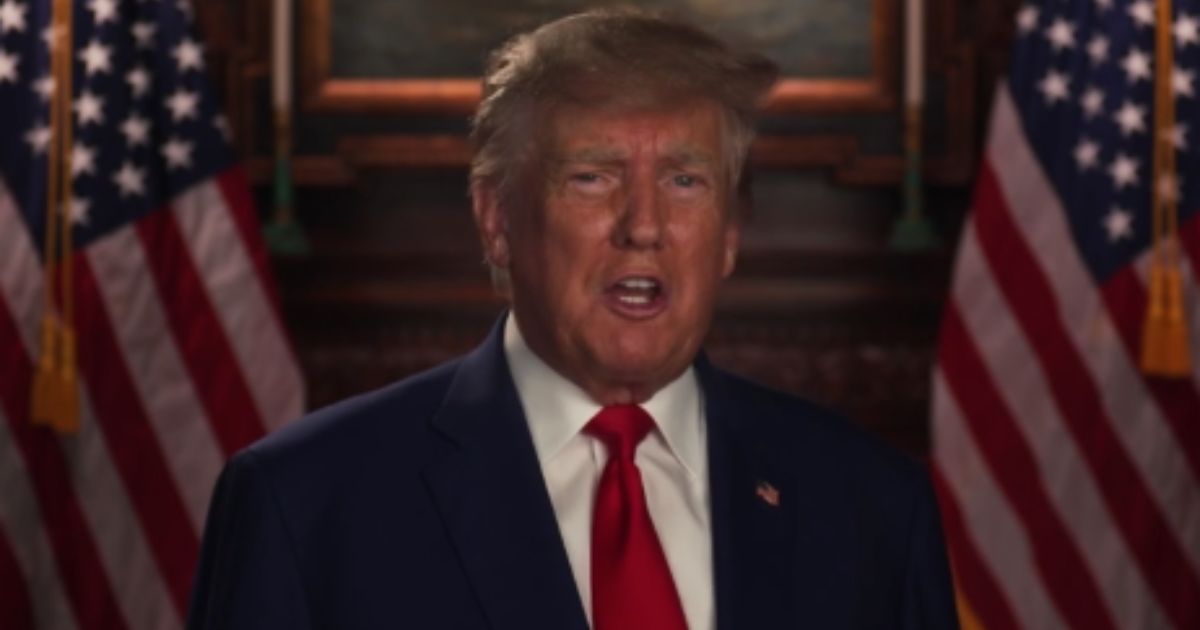WI High Court Reverses Ban on Extensive Use of Ballot Drop Boxes
In a landmark decision that could reshape voting practices, Wisconsin’s Supreme Court, led by its liberal members, has nullified a prior ruling that restricted ballot drop box usage.
The Wisconsin Supreme Court's recent decision empowers local clerks to deploy ballot drop boxes widely across the state, as NBC News reports.
The 2022 ruling, spearheaded by conservative influences, had confined the use of ballot drop boxes to clerk offices alone, asserting that legislative powers solely held sway over their policy. This directive aligned with the viewpoint that significant modifications should pass through the state Legislature for formal codification.
A Journey Through Legal Battles and Electoral Strategies
Democrats, along with Priorities USA, a political action committee, initiated efforts to challenge the 2022 decision. Their main argument hinged on the assertion that Wisconsin laws did not explicitly prohibit the usage of ballot drop boxes. These efforts culminated in a thorough legal review and subsequent reversal by the state’s Supreme Court.
During deliberations in May, liberal justices of the Wisconsin Supreme Court positioned themselves starkly against conservative critiques, dismissing claims of potential fraud associated with Dropbox usage.
Their counterarguments were bolstered by citing key legal precedents that supported revisiting and overturning previously established rulings.
Justice Jill Karofsky, a prominent liberal voice on the court, drew parallels to historical legal reversals, such as that of Roe v. Wade, to emphasize the necessity of reconsidering what she deemed incorrect judicial decisions.
Her argument resonated with the majority, leading to the overturning of the 2022 restriction on ballot drop boxes.
Political Reactions and Future Electoral Implications
Despite prior resistance, several Republican factions within Wisconsin are shifting their stance. They are not only planning to encourage their supporters to use the reinstated drop boxes but also to closely monitor their deployment in predominantly Democratic regions.
This move suggests a pragmatic acceptance of the ruling and an adaptation to the evolving electoral landscape.
The Wisconsin Elections Commission, which had endorsed the enlarged use of these drop facilities back in 2020, finds confirmation in this latest court verdict. Their initial endorsement was grounded in offering greater flexibility and accessibility to voters -- principles that are now set to take effect once more.
Facing the realities of this new legal environment, Democrats are poised to amplify their advocacy for drop box usage, a strategy that they anticipate will broaden voter participation significantly, especially in their favor.
Legal Rationales and Courtroom Declarations
The court explicitly clarified that its decision does not impose an obligation on municipal clerks to adopt drop boxes; rather, it simply recognizes their statutory right to do so. "Our decision today does not force or require that any municipal clerks use drop boxes," the court explained. "It merely acknowledges... that clerks may lawfully utilize secure drop boxes in an exercise of their statutorily conferred discretion."
This statement, part of a broader judicial commentary on the legal scope of clerks' powers, underscores an intent to decentralize decision-making to local levels, thereby potentially leading to varied implementations across the state.
Justice Karofsky’s potent reflection on past judicial errors also struck a chord, particularly among advocates for more accessible voting platforms. Her critical evaluation of previous court reasoning offered what she believes is a pivotal justification for the court's latest direction.
What Lies Ahead for Wisconsin’s Electoral Procedures
With the decision cemented, Wisconsin's political landscape is poised for significant transformation. Both major parties are recalibrating their strategies, reflecting broader national trends towards more varied and accessible voting methods.
As the 2024 elections draw near, the impact of this ruling will likely be observed in voter turnout statistics. Furthermore, the alignment or divergence in party strategies concerning drop boxes might shape not only the outcome of forthcoming elections but also the future of voting accessibility in Wisconsin.
In conclusion, the Wisconsin Supreme Court's decision markedly alters the state's electoral framework, promoting a broader implementation of ballot drop boxes.
This reversal underscores evolving judicial perspectives and signals a potentially pivotal shift in the upcoming electoral battles in this key battleground state.





